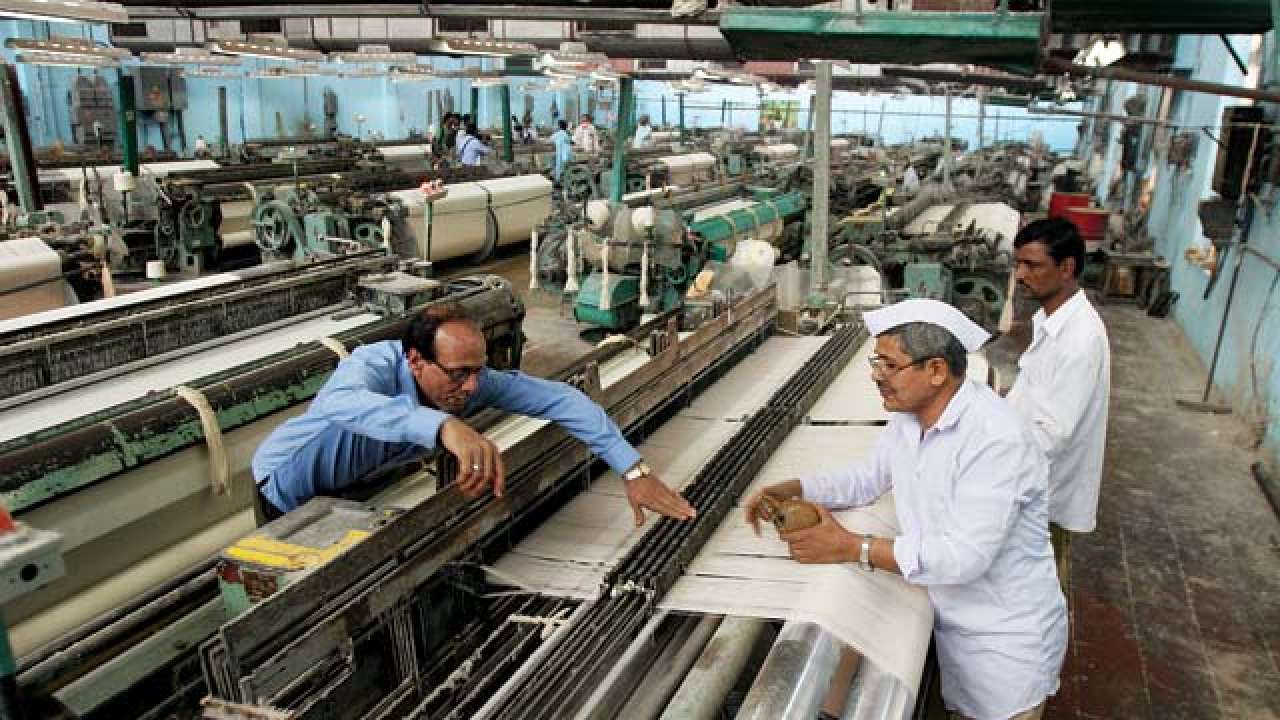
The Finance Minister’s self-congratulatory press conference on India having jumped 30 places in the World Bank rankings for ‘Ease of Doing Business’ made national headlines. Perhaps that was the objective, in the wake of disturbing evidence from across the country, of the adverse impact of demonetisation and hasty implementation of a flawed GST on small and medium businesses, a large number having wound up in, or are in, dire straits. The ease of doing business to the creamy layer of businesses might cater to the well-being of conglomerates at the top of the pyramid, but for the vast majority directly dependent on the informal economy, these rankings have no significance. For businesses in the informal sector, ease of doing business still remains a distant dream.
The World Bank study focusses on the largest business city in each of the 190 economies covered by the Doing Business Project (DBP). From 2015 onwards, it incorporated a second major business city for eleven most populous economies. This year, the cities covered by the DBP in India were Mumbai and Delhi. The DBP was persuaded to a great extent by the passage of the Insolvency and Bankruptcy Code as well as the e-filing of returns on the basis of which our economy jumped 30 places in ‘Ease of Doing Business’ rankings. It is obvious, therefore, that the World Bank, by its own admission on the limitations of this exercise, was not concerned with businesses struggling to survive across India, and which form the backbone of the Indian economy. It is when the small and medium scale enterprises in the informal sector find it easy to do business, have the ability to access credit, are liberated from the trappings of corruption at the local level, are able to easily obtain water and electricity connections with uninterrupted supply and have access to a myriad other related services facilitating their conduct of business, then alone will the people of India congratulate the Finance Minister for a dramatic turnaround in India’s business environment. This creamy layer project for ease of doing business, unconcerned with the rest of India, is a farce.
The textile business in Ludhiana in Punjab, Bhiwandi in Maharasthra, Tirupur in Tamil Nadu, the small and medium businesses across towns like Agra, Meerut, Varanasi, Kanpur etc. in UP, the leather factories in Tamil Nadu and other small businesses doing multifarious activities are reeling from the after-effects of the cash freeze, which has impacted the pace of economic growth. It is sad that a nation as large and as populous as India has to catch at straws and latch on to the World Bank’s ranking, which is oblivious to the reality of business in India, and then tom-tom about the reform process.
Even though confined to just two cities, the DBP actually looks at various parameters ranging from starting a business, dealing with construction permits, securing electricity, registration of properties, access to credit, protection of minority investors, ease of paying taxes, cross-border trade, enforcement of contracts and insolvency issues. The impact of GST and demonetisation on these business parameters was not part of the report. However, without assessing the impact of hasty and ill-thought decisions, India still ranks 181 out of 190 with reference to construction permits, 154 for registering properties, 156 for starting a business, 164 for enforcing contracts, and 146 for trading across borders. Had this data been prominently highlighted, the Finance Minister would have hesitated to address the Press.
The World Bank bases its data, to arrive at the rankings, from four main sources of information — relevant laws and regulations, expert respondents, respective governments and World Bank’s regional staff. An important missing link is the feedback at the firm-level, which alone could have gauged whether reforms aimed at ease of doing business are working to their benefit.
As far as insolvency legislation is concerned, though in place since December 2016, its impact is yet to be seen. In the case of ease of filing income tax returns through e-filing, this has been an ongoing resolve, hardly attributable to any unique initiative by this government. The insolvency legislation was also work in progress when this government came to power in 2014.
India has a long way to go. It would be in the fitness of things for the government to lay out a roadmap for businesses at the bottom of the pyramid and work hard to address their issues. This involves the participation of the state government and all its administrative units to work in tandem, which will help businesses to stand on their feet. To time the press conference for sending a message that this government has done something unique to transform the business environment in India was yet another attempt to influence voters, both in Gujarat and Himachal Pradesh.
Electoral victories inherently are not permanent. What is required and expected of a government is to both lay and strengthen the foundations of the wherewithal necessary to do business in India. It is to give permanence to that foundation, which should be the aspiration of any Finance Minister.
The author is a member of the Rajya Sabha, and a senior Indian National Congress leader. Views expressed are personal.